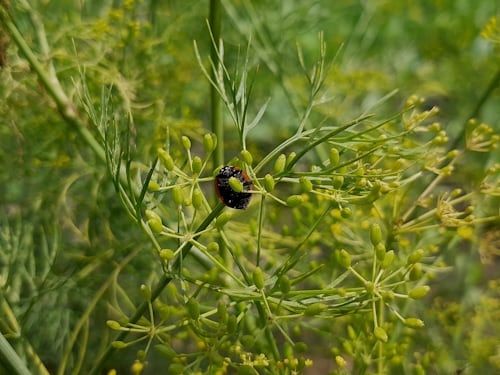The Buzz about Bugs: Why We Need to Rethink Our Approach to Pest Control

In our quest for a pest-free environment, we’ve become reliant on chemical pesticides, herbicides, and insecticides that can have serious environmental and health consequences. While these chemicals may effectively eradicate pests in the short term, they can also harm non-target species, contaminate soil and water, and even threaten human health. That’s why it’s time to rethink our approach to pest control and explore alternative, eco-friendly methods in pest control near me.
The ecological and health impacts of conventional pest control methods are well documented. For example, pesticides can cause animal reproductive problems and harm beneficial insects like bees and butterflies, which are vital to pollination and plant reproduction. They can also contaminate water sources, affecting fish, other aquatic life, and our health. In addition, pesticides have been linked to cancer, endocrine disruption, and neurotoxicity, among other health issues.
Fortunately, various alternative pest control Gold Coast methods are practical and environmentally friendly. One of the most straightforward approaches is to encourage biodiversity in our landscapes. By planting diverse vegetation, we can create habitats for beneficial insects and other organisms that can help control pests naturally. This approach, called integrated pest management (IPM), has been successfully used in agriculture and other settings.
IPM involves monitoring pest populations and using a range of non-toxic pest control methods, such as physical barriers, traps, and beneficial insects, before using chemical pesticides. In addition to being environmentally friendly, IPM can save farmers money by reducing the need for costly chemicals.
Another pest control approach is using natural pesticides derived from plants or bacteria. These pesticides can be as effective as conventional chemicals but are less harmful to the environment and human health. For example, neem oil, derived from the neem tree, has been used for centuries as a natural pesticide and insect repellent. Bacillus thuringiensis (Bt), a bacterium found in soil, is another natural pesticide that can control pests.
One of the most promising pest control developments is genetically modified organisms (GMOs). While this may sound controversial, genetically modified crops have been engineered to produce their insecticides, reducing the need for chemical pesticides. This approach has been used successfully in crops like corn, cotton, and soybeans, reducing the use of chemical pesticides by up to 90%.

However, GMOs are not a panacea, and there are valid concerns about their safety and potential environmental impact. Therefore, we must continue researching and monitoring GMOs’ long-term environmental and human health effects.
In conclusion, it’s time to approach pest control in Perth. Chemical pesticides have had severe environmental and health consequences, and there is now a variety of alternative, eco-friendly methods available that can be just as effective. Integrated pest management, natural pesticides, and genetically modified crops offer promising solutions to the pest problem. We must choose the most sustainable and effective approach for our and the planet’s health.






